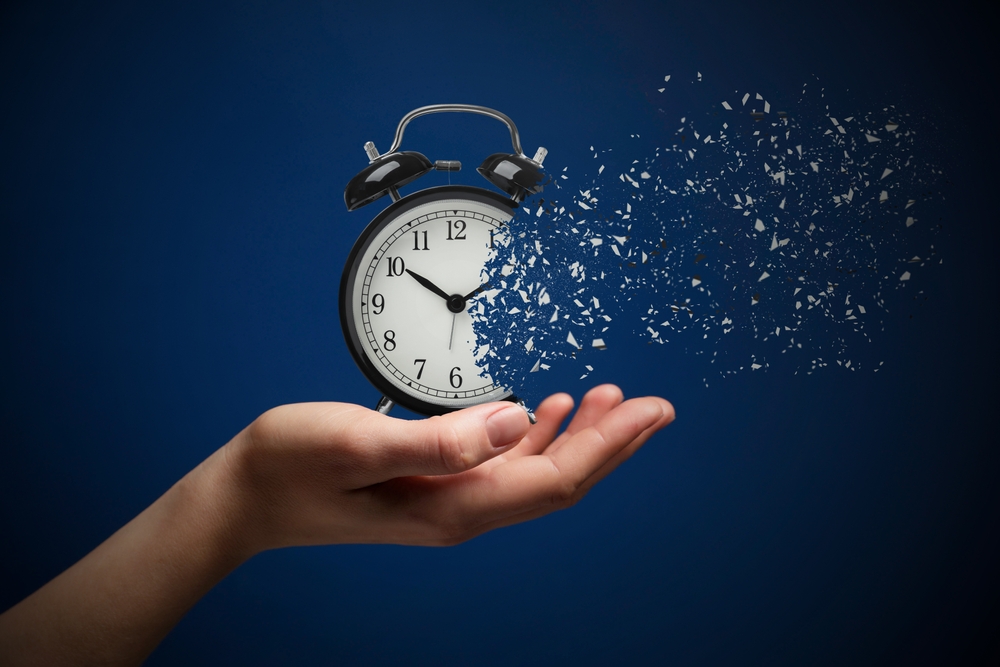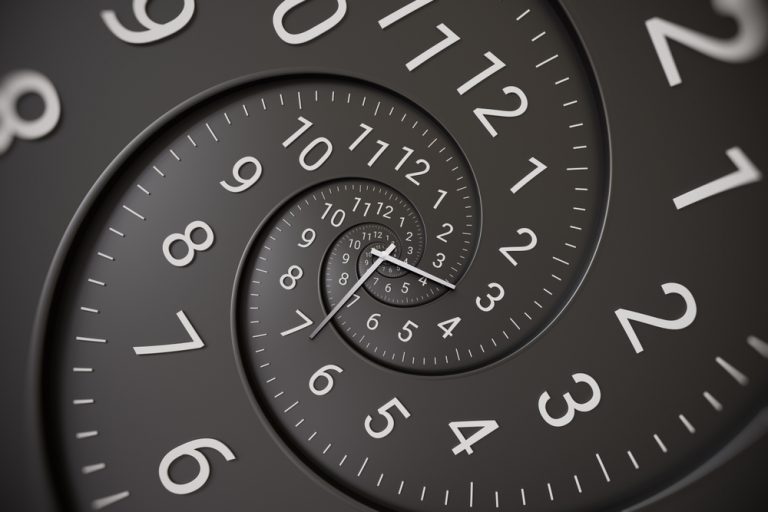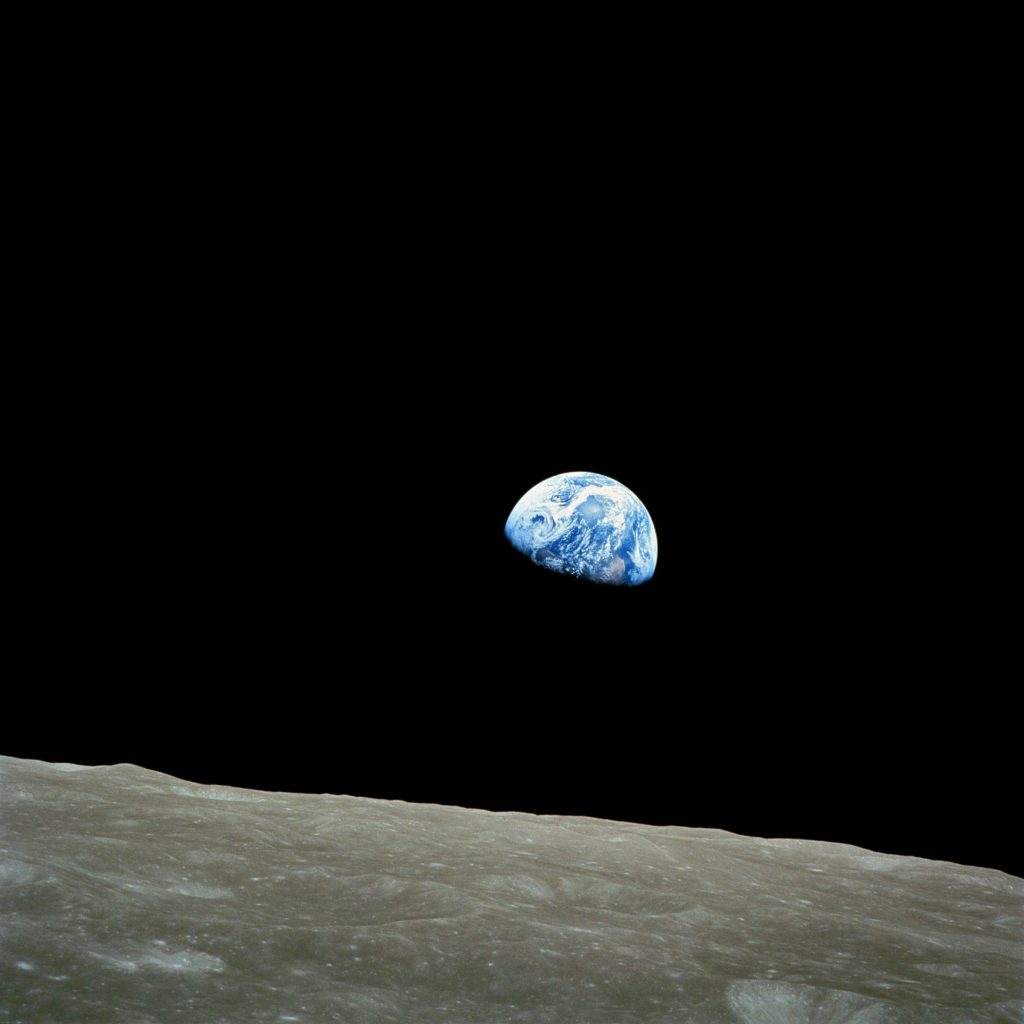A scientific explanation sheds light on why time feels like it speeds up as we age. According to Adrian Bejan, a mechanical engineering professor, this phenomenon relates to how our brains process visual information. As we age, neuronal complexity increases, slowing down the transmission of electrical signals. This slower processing makes it seem like time passes more quickly compared to when we were younger and processed experiences at a faster rate.
Studies support Bejan’s insights, showing that time feels slower during childhood because a year represents a much larger portion of a young person’s life. Adults, on the other hand, tend to fall into routines and habits, offering fewer new or memorable experiences for the brain to register. As a result, days and months can blend together, further accelerating our perception of time.

Psychologists suggest breaking free from routines to counter this effect. Cindy Lustig from the University of Michigan emphasizes the importance of doing new activities, seeking surprises, and living in the present to make time feel more meaningful and less fleeting. Bejan also advises embracing novelty to slow down time perception, whether through trying new hobbies, telling jokes, or exploring creative endeavors.
Ultimately, the way we perceive time reflects our experiences and routines. Staying present, breaking monotony, and engaging with new challenges are strategies to make each moment feel richer and more enduring.




